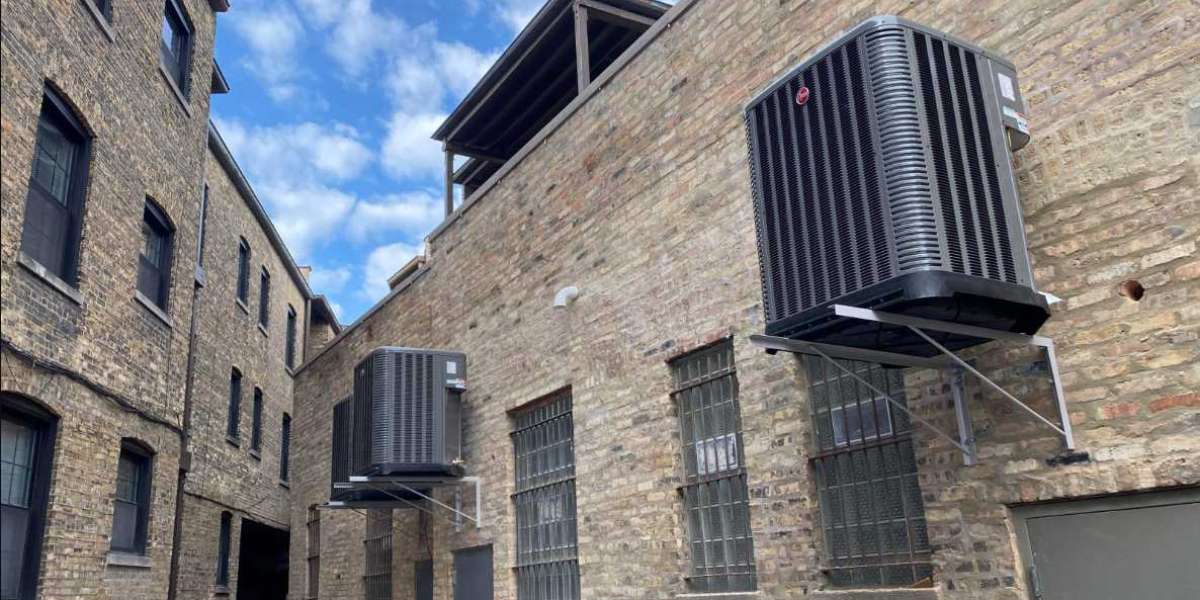The questions you ask are usually used by the interviewer to evaluate your fitness for the job. You should research enough to be able to ask questions that are not found in obvious places such as the organization's annual report. Find out about the job and the company when it's your turn to ask questions. Ask the questions you prepared in advance. Feel free to ask for specifics about who you would report to and the duties involved. Be prepared to ask at least three questions in areas concerning the job, the company, the industry, external influences.
Do not ask questions that raise red flags
By asking "Is relocation a requirement?" the interviewer may assume that you do not want to relocate at all. If you do not mind relocating, try asking "I understand that most companies like their executives to spend time at their various major locations. Could you tell me how often I might be asked to relocate over five or ten years?"
Answer a question with another question
If the interviewer asks you what salary you expect, try answering by saying "That is a good question. What are you planning to pay your best candidate?"
Rehearse your interview
Role play with a friend. You should be able to convey all pertinent information about yourself in 15 minutes. Videotape the interview to identify unwanted gestures. If videotape is not available, use your telephone answering machine to record an interview: listen to your diction and speaking speed.
Avoid negative body language
One purpose of an interview is to see how well you react under pressure. Avoid these signs of nervousness and tension:
Frequently touching your mouth
Faking a cough to think about the answer to a question
Gnawing on your lip
Tight or forced smiles
Swinging your foot or leg
Folding or crossing your arms
Slouching
Picking at invisible bits of lint
Another purpose of an interview is to see how well you communicate. Remember that communication is a two-way street; you must both listen and talk. If you are talking too much, you will probably miss cues concerning what the interviewer feels is important.
Make a connection
The purpose of the interview is to see how well you might fit into the organization. Successful interviews are one that concludes as if you and the interviewer are long lost friends. Tips to make a connection include:
Be optimistic and try to make others feel comfortable
Show openness by leaning into a greeting with a firm handshake and smile. When appropriate, give examples through short, interesting, and humorous stories about yourself. Try to envision what functions you would perform that would benefit the organization and discuss those activities.
Dress properly
One component of the interviewer's job is to make a judgment concerning your ability to fit in the organization. One factor influencing that judgment is the attire you wear for the interview. Find out about the company's expectations for personal appearance--dress expectations, hair length, facial hair, etc.
Be on time
Most organizations look at hiring, at the entry level, prospects who will become professionals. If you are a professional, you work until the job gets done--which may be longer than 8 to 5. Being on time (or early) is usually interpreted by the interviewer as evidence of your commitment, dependability, and professionalism.
Send a "Thanks for the Interview" note
After an interview, send a thank-you note. After the final interview, time the thank-you note to arrive during the week you believe the hiring decision will be made. These notes serve as a reminder to the interviewer concerning your appropriateness for the position. You may mention a topic discussed during the interview.
When the job contact was made through the Internet or e-mail, send an e-mail thank-you note immediately after the interview. Mail a second letter timed to arrive the week before the hiring decision will be made.








